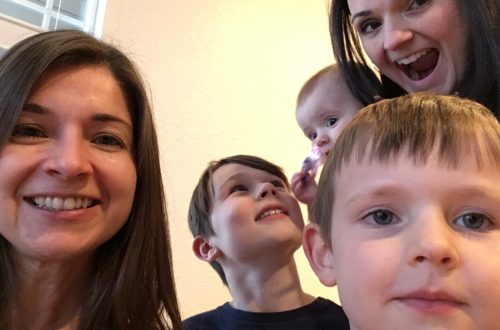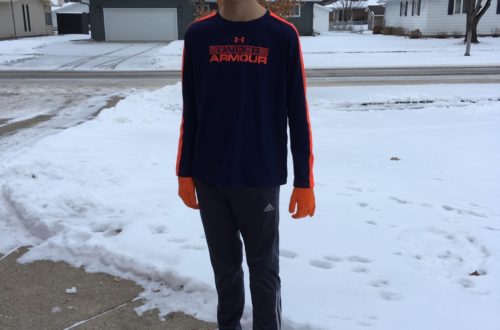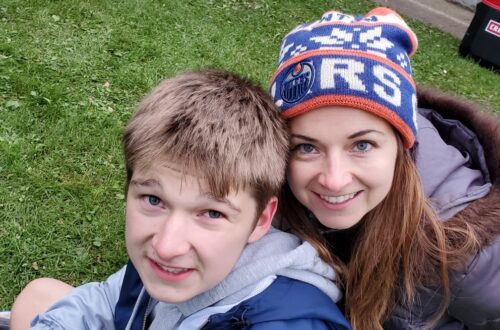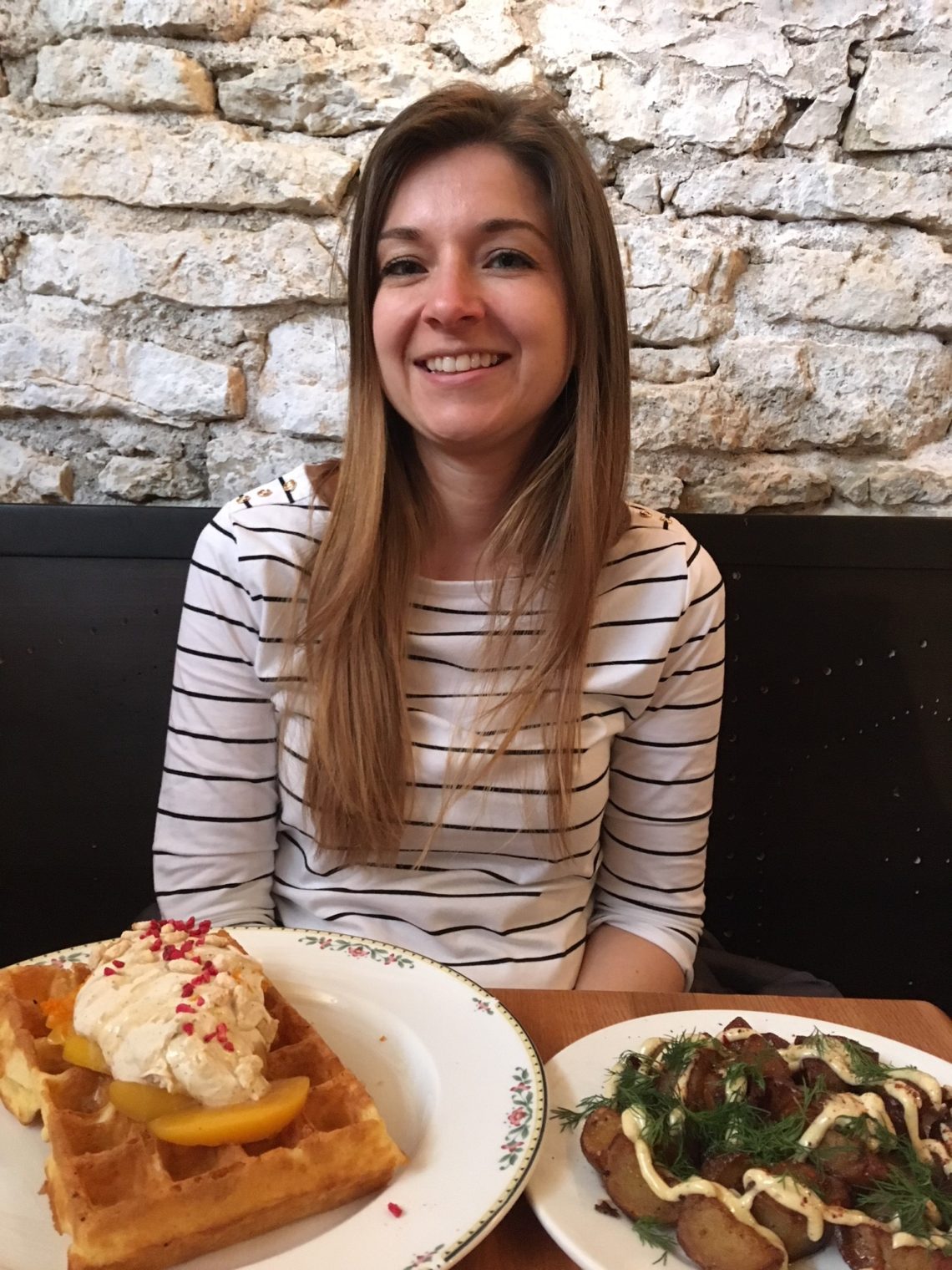
The Cross Culture Kid
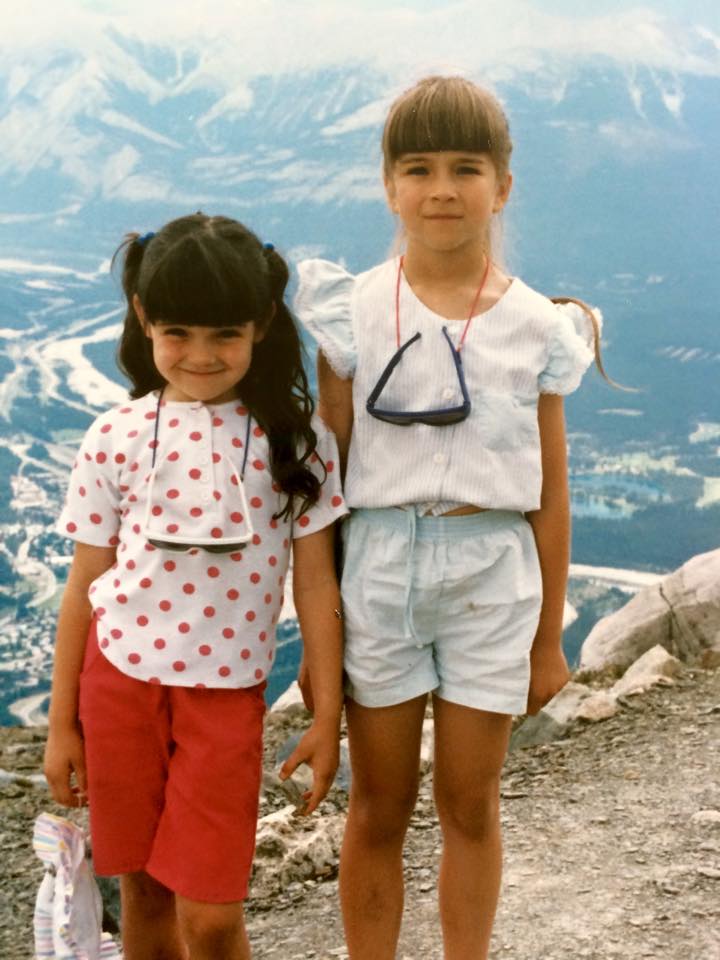
When I was 16 years old, my parents moved our family to the United States.
Being a Canadian expat is a strange, strange experience. It’s forever changed the way I see the world and my cultural identity (and I’m still really confused about both). I have no real hometown. In a lot of ways I feel like I don’t “belong” as a citizen of anywhere. I live this strange life where people assume I’m American just like them, and in some ways I feel like I am. But then I have these moments where things get weird, like when I explain to them that I’ve never seen an episode of Mr. Rogers until I was in my 30’s. Or that time when I explained to my college (or university) freshman (first years) that they would need a duo tang for their final portfolio and they looked at me like I had two heads. After 22 years of living in the States, words still pop up that I had no idea were “Canadian.” Just this weekend my friend Sunny (also a Canadian expat) and I were in Winnipeg debating if Americans used the word “parkade” or not.
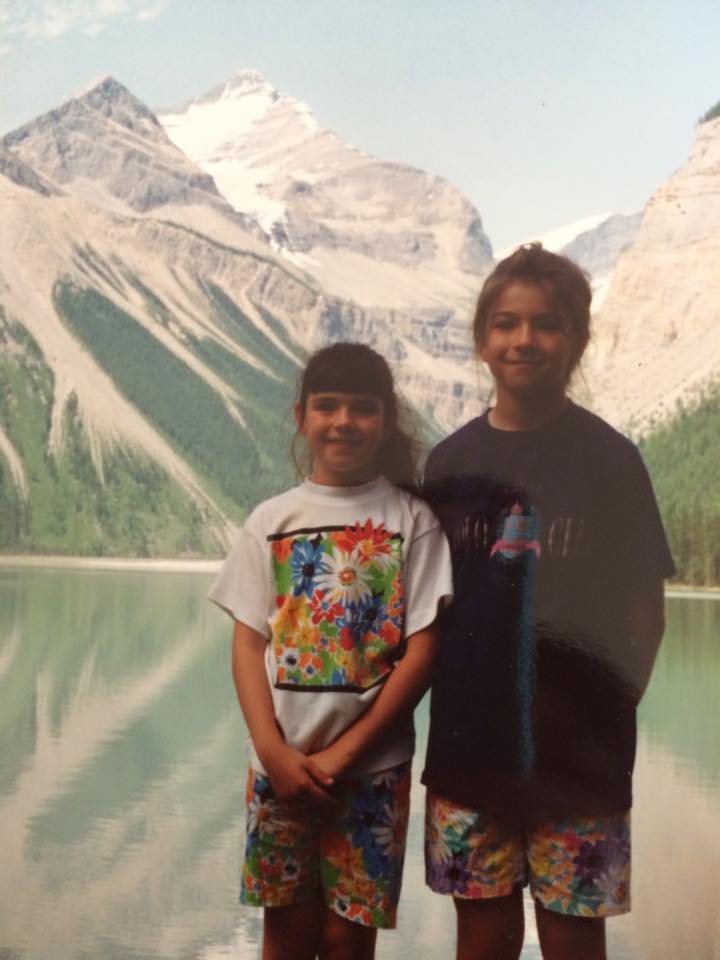
When people around me talk about memorable life history events–the OJ Simpson White Bronco Chase or Oklahoma City bombing–I realize I have those memories too but I was living in a totally different country when those things happened. When people talk about the Olympics from 1988-1996, I realize that I was not only cheering for a different team but my “heroes” weren’t even the same as everyone else’s (Brian Orser vs Brian Boitano? Who were you cheering for?). Just a few weeks ago, I was trying to explain to Steve how devastating it was when Ben Johnson get stripped of his medal for the 100 m dash in the 1988 Summer Olympics and how that shook the faith of (and embarrassed) Canada (let alone me). There’s not a lot of people I know that have had that split-in-the-middle cultural experience/identity from living for long periods of time in two different countries.
A few years ago, my sister stumbled on a label for people like me and her. It’s called “Cross culture kids” Cross culture kids are defined as “a person(s) who has lived in—or meaningfully interacted with—two or more cultural environments for a significant period of time during developmental years. My formative years were in Canada (birth to 16) and then (16 years old until the end of my college/university years at age 22) in the US. Being a cross culture kid has been a really confusing experience at times.
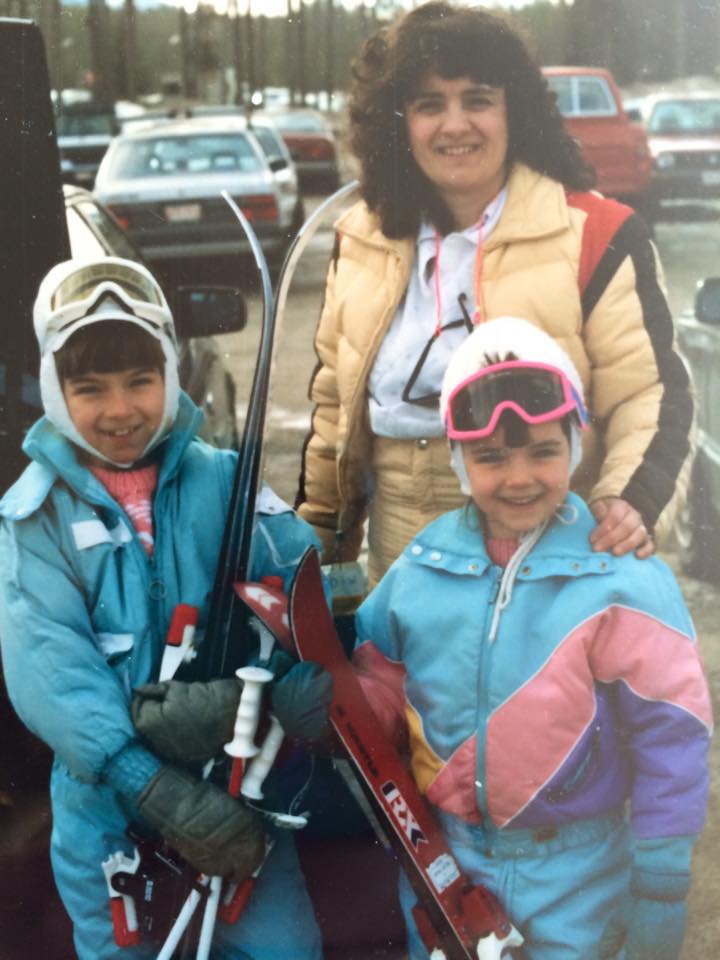
Being an invisible outsider has been ridiculously easy and unnecessarily difficult at times. I remember when I first moved to the States, and wanted so badly to get a summer job but couldn’t (because I wasn’t a citizen and I didn’t have a green card), people at high school would vehemently insist that I should just apply anyways. I looked American, I wasn’t one of “those Mexican immigrants,” and their boss would love to hire someone like me. It didn’t matter how many times I told people that my Social Security card had “not valid for employment” stamped across it, they still insisted that I had the right to work a summer job just like them. I took it as a compliment though. Obviously it was those times that I was considered “insider enough,” even when they made fun of the way I talked or any other cultural beliefs I had.
Other times, being an invisible outsider could be a curse–where everyone assumed I was American or was “close enough”–like when I was signing up for my first year at BYU (an American University) and my counselor assured me that I would be “just fine” in the required American Heritage class. I knew just as much about American history as I did the Russian Revolution and the Brazilian economy (which I had learned about in Canada). I worked my butt off to get a low C in that class. It was a year later when I found out that I had the option, as an immigrant, to take the American Heritage class for immigrants. That was the class I should have been placed in since the only American history I had been taught in the US was from the Bay of Pigs to President George Bush Sr. The American Revolution and the Civil War? Yup, I had NO knowledge at all of either of those things when I took that American Heritage class.
There are times where I really have to “remember” to use the right language and pronunciations depending which country I’m in. It’s “washroom” in Canada and “restroom” in the US. If I use the wrong word in the wrong country, someone will definitely teas me about it. When I’m in the US I try to make my “sorrys” sound American. When I’m in Canada, I say “sorry” the way I grew up saying it. I’m always choosing which “part” to play depending where I am, and most of the time I’m pretty good at it.


Sometimes I see J as a cross culture kid. Autism is such a very different cultural experience than the neuro-typical one. There are moments where, I know he feels like he doesn’t fit in. People (including his parents) don’t appreciate his affinity for patterns, visual fixations, or even his humour. I know he’s torn between defaulting to his autistic fixations and behaviours where he finds comfort and working hard to continually conform to what western culture expects him how to act and behave. He’s learning the language patterns we use, even though he struggles still with communicating his thoughts verbally. He’s learning the default small talk topics that make neuro-typical people feel comfortable. Often, he is initially mistaken as “neurotypical” because he looks like the rest of us, and sometimes is placed in the wrong class or situation by someone who doesn’t know him because they just assume he’s like everyone else and can manage. This is the one (and very few) areas where I feel like I can connect and understand my autistic child. We both have to be chameleons, we both have to learn and work the best we can in our unfamiliar cultures, we both feel like the more we fit in the more we lose a part of our “original” selves. There’s very few people around us that we know (and can communicate) that struggle with.
This weekend I did get that “processing” time with my expat friend with our trip to Winnipeg. We spent hours in clothing stores and grocery stores talking about all of the things (food, clothing, culture) we missed and rediscovering the things we didn’t knew we missed about Canada (because Canada has changed too since I moved away). We contemplated what things we’d miss about the US if we were to ever leave the States. Ever so often I get the chance to do that. I make the effort to do that because I need that for myself. Right now, J doesn’t have any other autistic kids he can share that experience in the autism culture/neurotypical culture that he balances daily.
I hope someday he will. He has 3 cousins who also have autism who live in different corners of the US, but maybe one day they’ll be better communicating their feelings and struggles and be at a time and space where they can.
For now, I’ll just have to try my best to use my own cross culture experience to help my son process his own.

